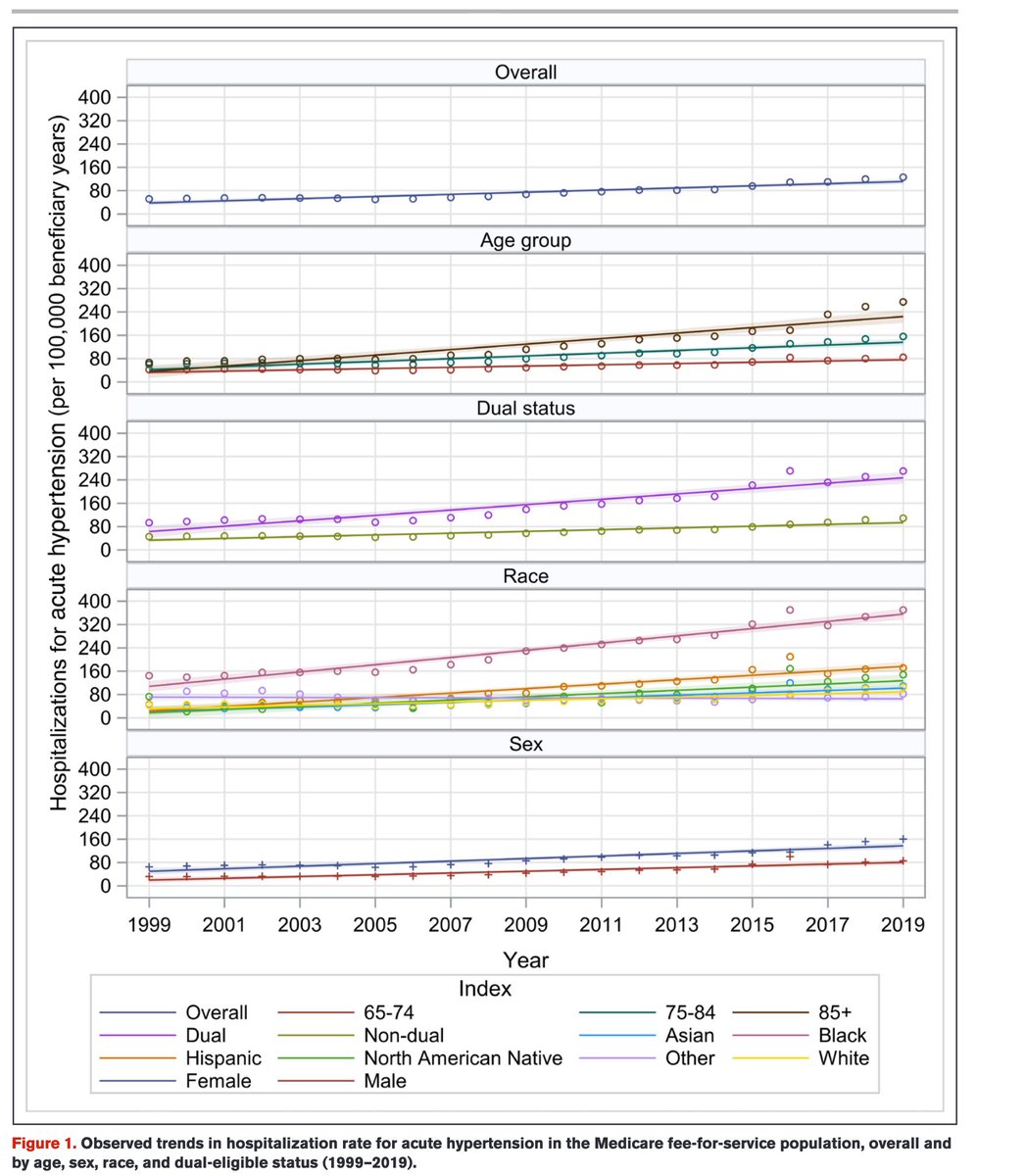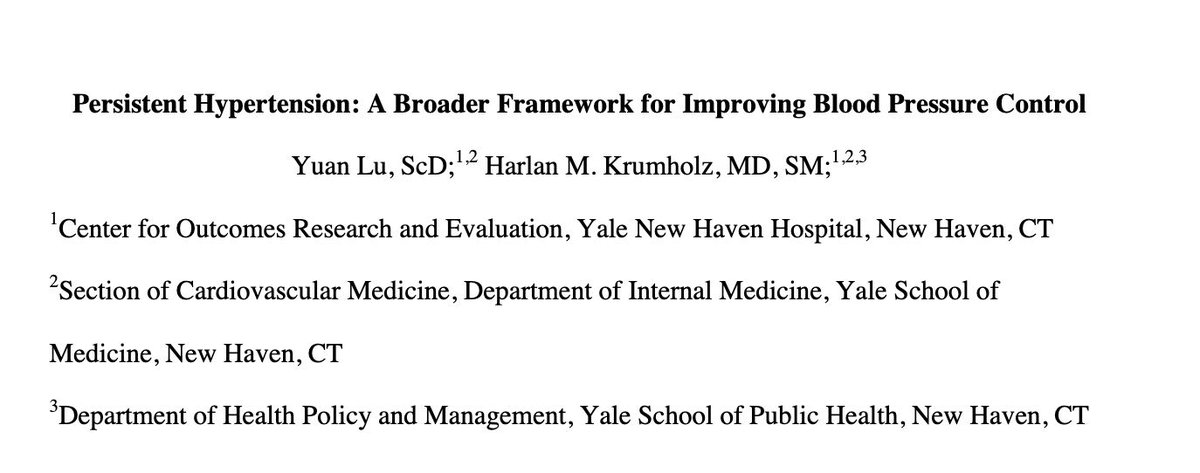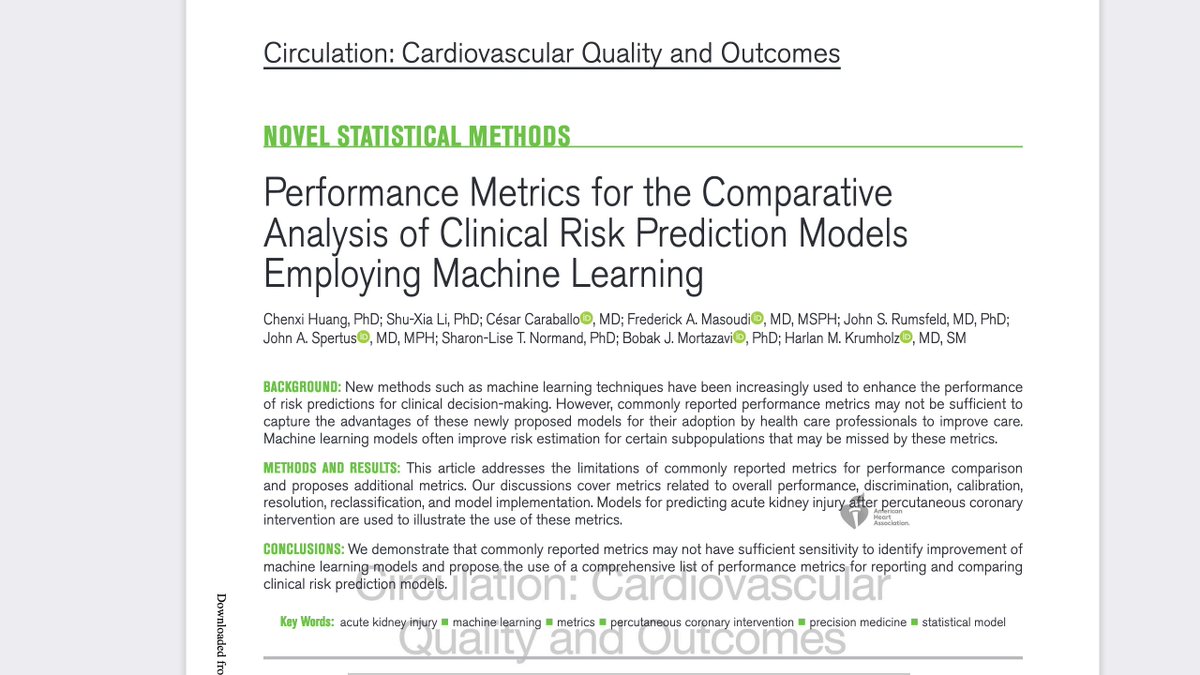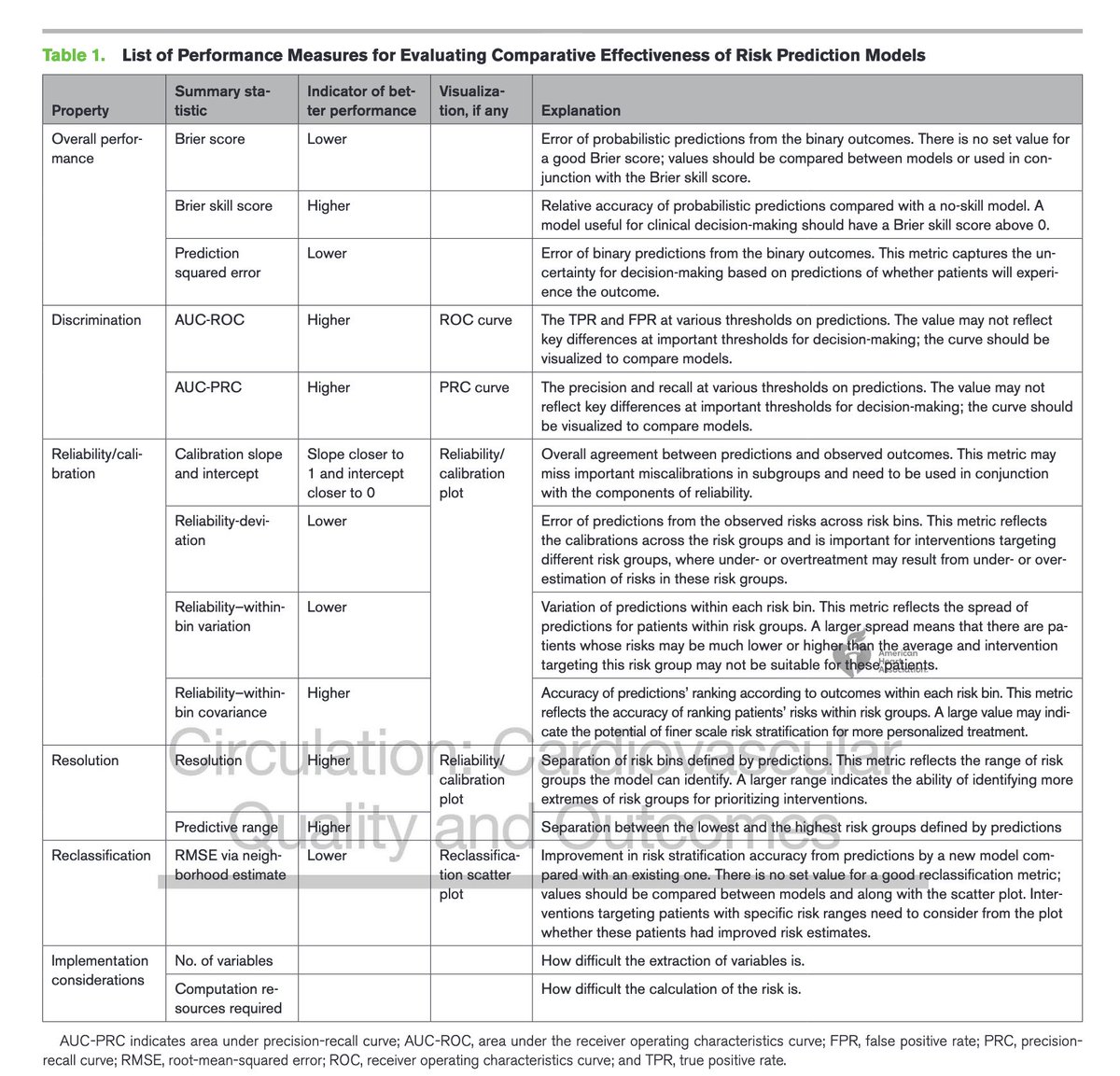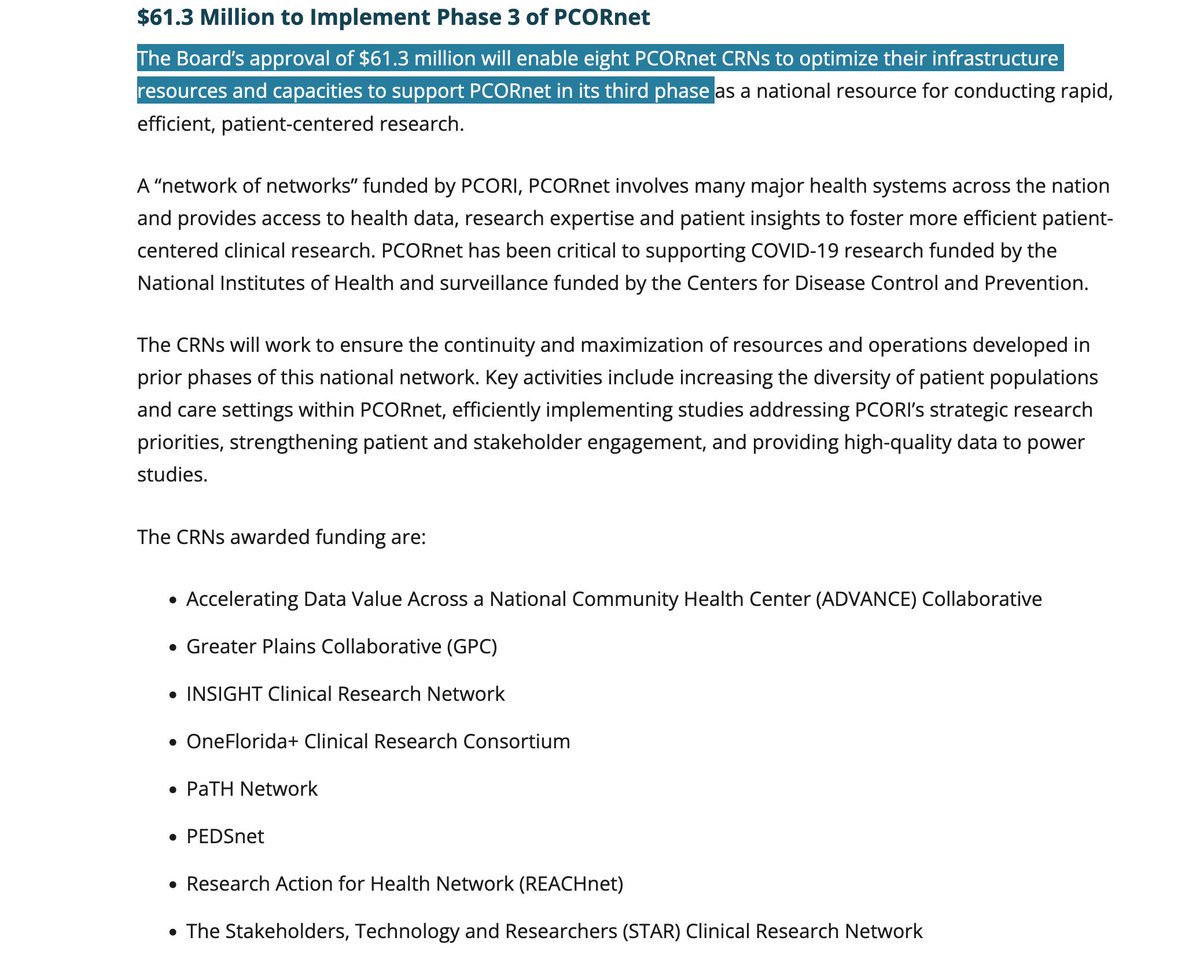
Great news… @califf001 nomination for @US_FDA seems imminent. And this is a wise choice for someone with the experience, skills and vision to lead at this critical juncture. Sooner we get confirmation, the better. politico.com/news/2021/11/1… 
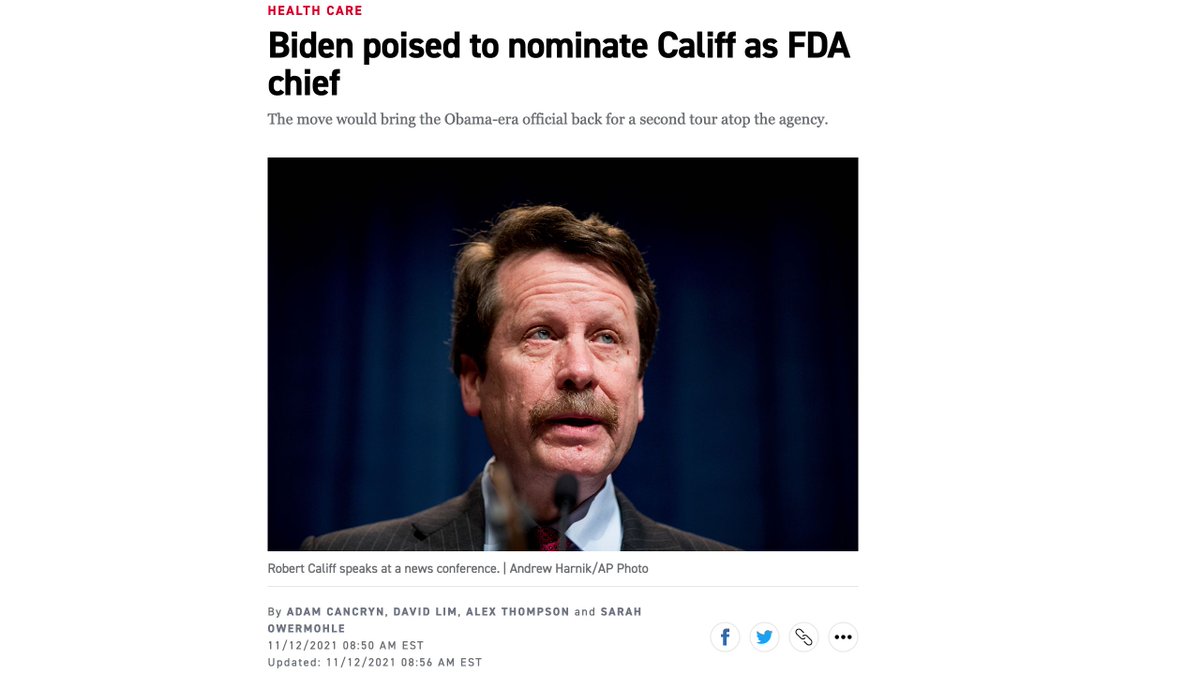
@califf001 @US_FDA It is rare to have a Commissioner who has the experience to hit the ground running, and the expertise on the far-reaching responsibilities of the agency, and deeply understands the science. He also knows the potential gamechanging nature of the digital revolution for regulation.
@califf001 @US_FDA To move forward we need a Commissioner who can bring people together and fight on behalf of patients for a system that better servess them. I believe that is what @califf001 can do. I have known him a long time, and can judge by actions, not just words.
@califf001 @US_FDA My quote in @washingtonpost: “I think he would be terrific,” said Harlan Krumholz, a cardiologist at Yale School of Medicine. “It is critically important to have a commissioner who can step in and knows the job and knows how to make policy decisions.”
@califf001 @US_FDA @washingtonpost And I said, for those concerned about his relationships… Califf’s supporters say his experience strengthens his hand in dealing with industry. The agency must be “skeptical and rigorous,” but also work w/manufacturers, which “are the ones delivering the products,” Krumholz said.
• • •
Missing some Tweet in this thread? You can try to
force a refresh




